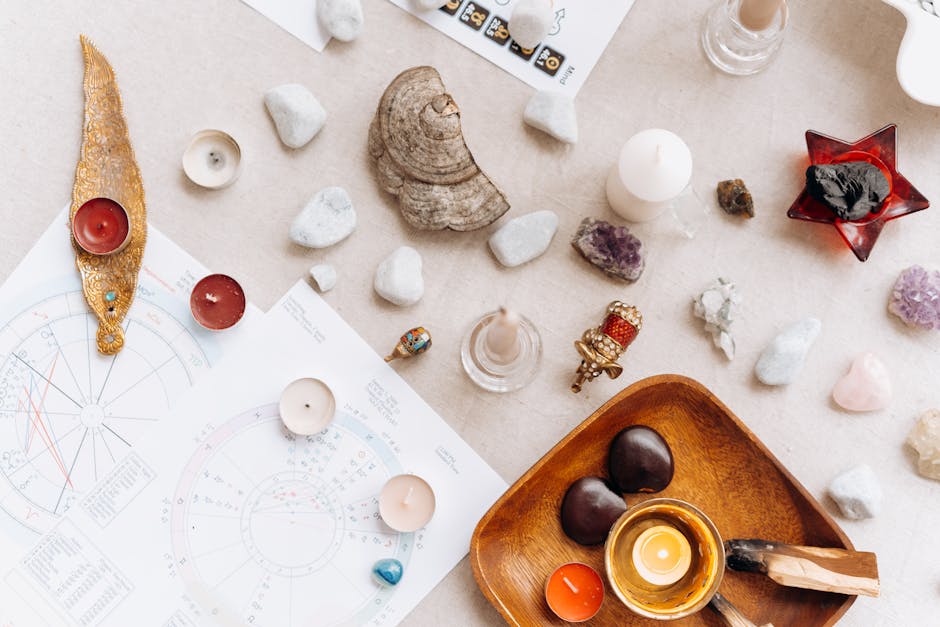Exploring the Role of Aromatherapy in Mind-Body Harmony
Aromatherapy, the practice of using essential oils for therapeutic purposes, has roots dating back thousands of years. Originating in ancient civilizations such as Egypt, India, and China, this holistic approach to well-being has been recognized for its potential to influence both physical and emotional health. Today, aromatherapy is a complementary therapy embraced by many individuals seeking natural methods to enhance their mental and physical harmony.
Scientific research continues to explore how scents can impact the brain and body through the olfactory system. Essential oils derived from plants are known for their unique properties that may aid in relaxation, stress relief, pain management, and even improved sleep. The integration of aromatherapy into modern wellness routines reflects its enduring relevance and potential in supporting a balanced mind-body connection.
Understanding Aromatherapy: A Brief Overview
Aromatherapy involves the use of concentrated plant extracts (essential oils) to promote well-being. These oils are typically inhaled or applied to the skin after dilution. The olfactory system plays a central role in this process, as inhaling certain scents can stimulate the limbic system in the brain, which governs emotions, memory, and mood.
Commonly used essential oils include lavender for relaxation, peppermint for energy and focus, eucalyptus for respiratory support, and chamomile for calming effects. Each oil has distinct chemical compounds that influence how it interacts with the body. For example, linalool in lavender is associated with reduced anxiety levels.
The Science Behind Aromatherapy
Scientific studies have begun to shed light on the mechanisms through which aromatherapy may exert its effects. For instance, research published by PubMed highlights how certain essential oils can influence neurotransmitters like serotonin and dopamine, which are critical for mood regulation. Additionally, some studies suggest that essential oils may have anti-inflammatory or antimicrobial properties.
- Stress Relief: A study from the National Center for Biotechnology Information (NCBI) found that inhaling lavender essential oil significantly reduced stress levels in participants.
- Pain Management: Research indicates that peppermint oil applied topically can help alleviate headaches and muscle pain due to its cooling properties.
- Sleep Improvement: Chamomile oil has been shown to improve sleep quality by promoting relaxation and reducing insomnia symptoms.

While more extensive clinical trials are needed to fully understand the scope of aromatherapy's benefits, existing data supports its potential as an adjunct therapy for various conditions.
Integrating Aromatherapy Into Daily Life
Aromatherapy is versatile and can easily be incorporated into daily routines. Methods include diffusing essential oils in a room, adding a few drops to a warm bath, or using them in massage therapies. When applying oils directly to the skin, it is crucial to dilute them with carrier oils like coconut or almond oil to prevent irritation.
Some practical ways to use aromatherapy at home include:
- Diffusers: Ultrasonic or heat-based diffusers disperse essential oils into the air, creating a calming or energizing environment depending on the chosen oil.
- Aromatherapy Roll-Ons: Pre-diluted roll-on blends are convenient for on-the-go stress relief or focus enhancement.
- Bedding Sprays: Spraying lavender-infused water on pillows can promote restful sleep.
Cautions and Considerations
Despite its benefits, aromatherapy should be approached with care. Essential oils are highly concentrated substances that may cause adverse reactions if misused. Some individuals might experience allergic reactions or skin sensitivity. Pregnant women, children, and those with specific health conditions should consult a healthcare provider before using essential oils.
The importance of sourcing high-quality essential oils cannot be overstated. Look for products labeled as "100% pure" and avoid synthetic fragrances, which lack therapeutic properties. Reputable brands often provide transparency about their sourcing and testing practices.
A Holistic Approach to Wellness
Aromatherapy complements other wellness practices such as meditation, yoga, and mindfulness exercises. Combining these techniques can amplify their effects on mind-body harmony. For example, pairing deep breathing exercises with essential oils like frankincense or bergamot may enhance relaxation during meditation sessions.
This integrative approach underscores the value of viewing health as a balance between mental and physical well-being rather than isolating one from the other.
Aromatherapy continues to gain recognition as a valuable tool in promoting harmony between mind and body. Its ability to influence emotions through scent makes it uniquely positioned within holistic health practices. While further research will solidify its scientific foundations, many individuals already benefit from incorporating this ancient practice into their lives safely and effectively.